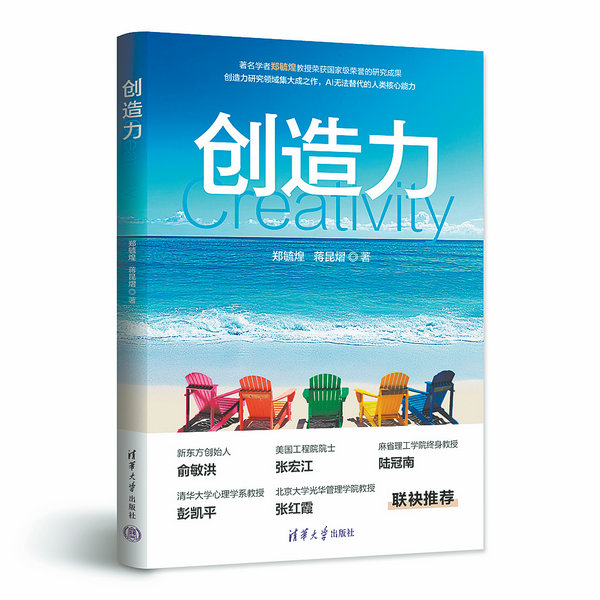

Several factors influencing creativity explored in the book include whether a well-organized desk or a messy one is more conducive to creative thinking, the impact of rule-following on creativity and why multicultural experiences can enhance creative abilities.
Recommending the book, Jackson Lu, a tenured professor at the Massachusetts Institute of Technology, says that in today's rapidly changing world, with AI's rise, creativity is a key personal and societal driver. Zheng's new book offers an accessible exploration of creativity's essence and enhancement methods.
It combines global research with the author's original insights and uses examples of innovators like Albert Einstein, Isaac Newton, Marie Curie, Nikola Tesla, Steve Jobs, and Jensen Huang to illustrate how the environment influences creativity, he says.
"All great inventions by humans are the fruits brought about by creativity," Zheng says, such as electricity, aircraft, high-speed trains, cellphones, AI and computers.
He notes that for 2,000 years, human progress was minimal until the First Industrial Revolution (from the late 18th century to the early 19th century), which sparked rapid advancements in just 200 years. This highlights the need to encourage creativity, which was previously stifled by restrictive systems like the imperial examinations and feudal traditions that limited innovation and openness, he says.